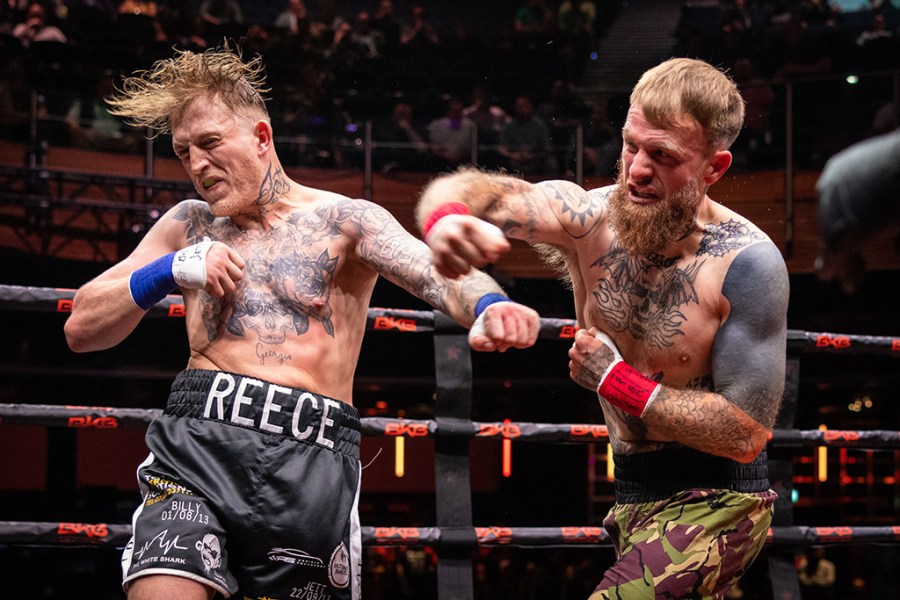The UK winner of The EISA Maestro Photo Contest 2024 is Nick Ledger. He talks to David Clark about his work, inspiration and competition-winning bare knuckle fight portfolio
The EISA Maestro Photography Contest is always a tough challenge and involves submitting portfolios of 5-8 connected photos on a given theme. This year, the theme was Sports and Games and images had to be taken between 1 May 2023 and 30 April 2024. The winner of the national prize, Nick Ledger, stood out with his powerful portfolio of images taken at bare knuckle fight events in London and Wolverhampton. His sharp, colourful and perfectly timed images capture the sport in all its raw and uncompromising physicality.
Nick wins a one-year digital subscription to AP and his portfolio will progress to the International round of the contest, where the winners of all 16 participating EISA countries will be judged. Up for grabs is a First prize of €1,500, Second Prize of €1,000 and Third Prize of €750. The International results will be announced online on 15 August and celebrated at the EISA Awards Gala in September. There’s also an EISA Public’s Choice competition for National Maestro winners, with a prize of €1,000.
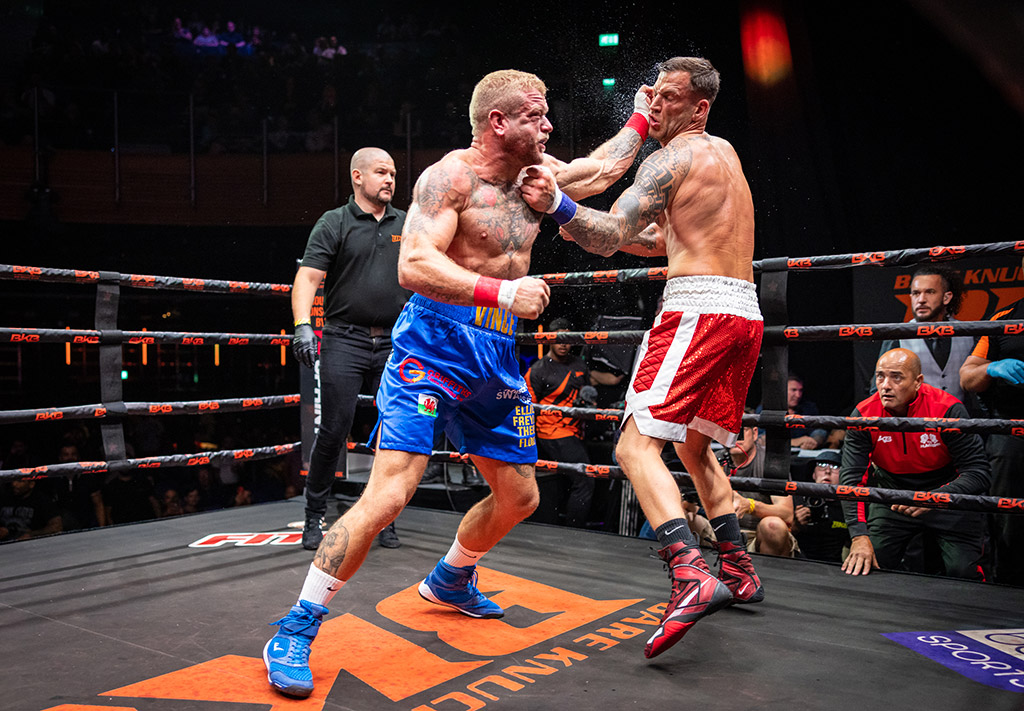
Here, Nick reveals what inspired him to get into photography, the subjects he loves shooting, the kit he couldn’t do without and the technical challenges of shooting close-up at a fast-moving and often bloody sporting event.
David Clark: Congratulations on your win, Nick! Please tell us about yourself
Nick Ledger: I live in York with my partner and three kids. For my day job I’m a co-director of a web-based business selling juicers, blenders and other healthy appliances.
DC: How and why did you get into photography?
NL: I’ve always had an interest in it, but in my late 20s I started travelling and going on more adventurous holidays and dabbling in travel photography while I was away. Eventually I ended up with a contract with a stock travel library, AWL Images, which really helped develop the technical aspects of my photography.
DC: Have you won any other photo competitions?
NL: I won the Sports Category of the British Photography Awards last year.
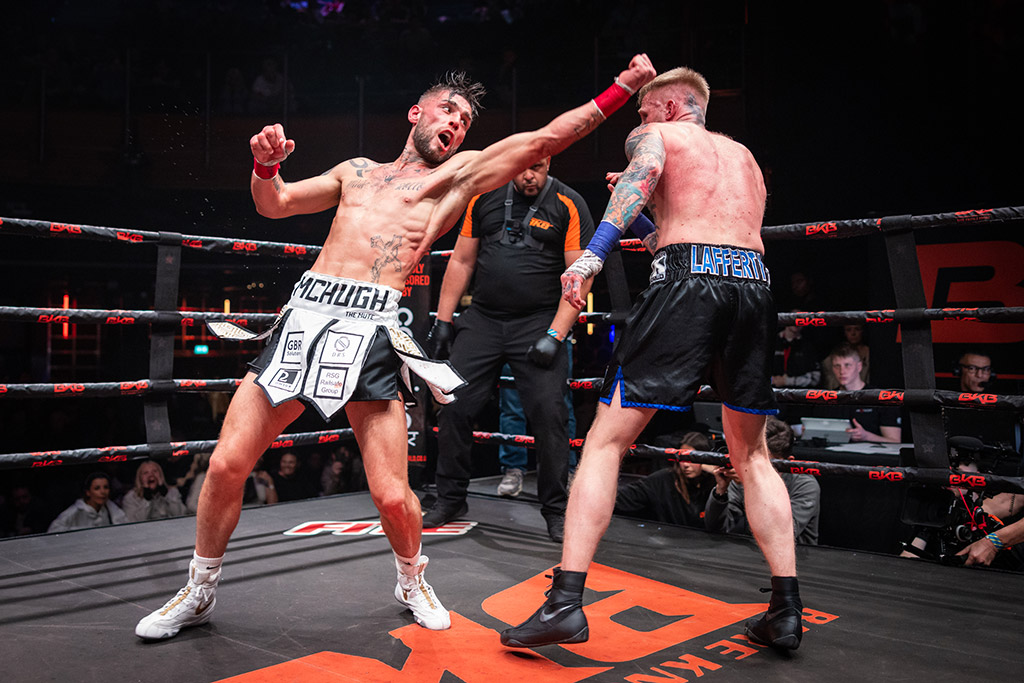
Inspiration
DC: What are your favourite subjects, and why?
NL: I love cityscapes at dusk. I really like the ‘blue hour’ effect and use a tilt-shift lens to ensure buildings are represented correctly in the photos. I’m most passionate about fight photography. I regret not learning a martial art when I was younger and have a lot of respect for combat sports and those who take part in them. Being ringside and so close to the action as well as being able to see the respect that fighters have for each other, both at the end and often during the fight, is the next best thing.
DC: What do you love about photography?
NL: I love being able to capture a scene and show what I was lucky enough to see. That applies to both travel and fight photography. With fight photography in particular the camera can freeze a moment in time that the eye would never have time to process.
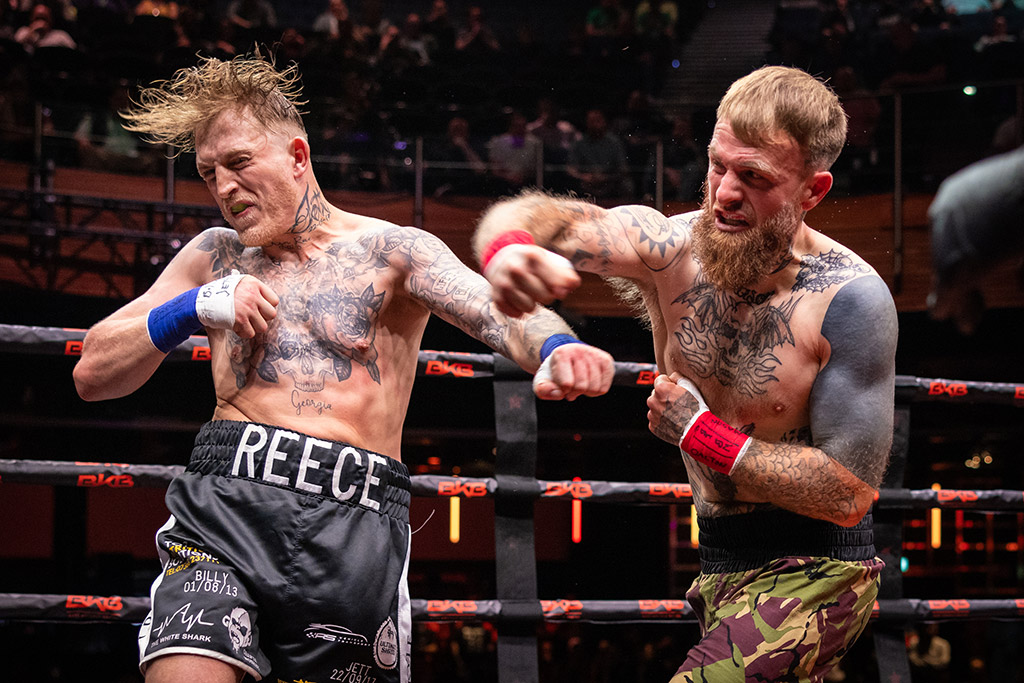
DC: Which photographers do you most admire, and why?
NL: In travel photography, Jordan Banks and Marco Bottigelli from AWL are outstanding. In fight photography, Mikey Williams and Andy Couldridge. They’ve both produced some fantastic images from Tyson Fury’s recent fight with Oleksandr Usyk.
Kit and post-production
DC: What was your first camera?
NL: If I remember correctly, it was the Canon EOS 3.
DC: What’s your current kit?
NL: Canon EOS R5 and Canon lenses: RF 28-70mm F2, EF 70-200mm f/2.8 IS Mark II and TS-E 24mm Mark II.
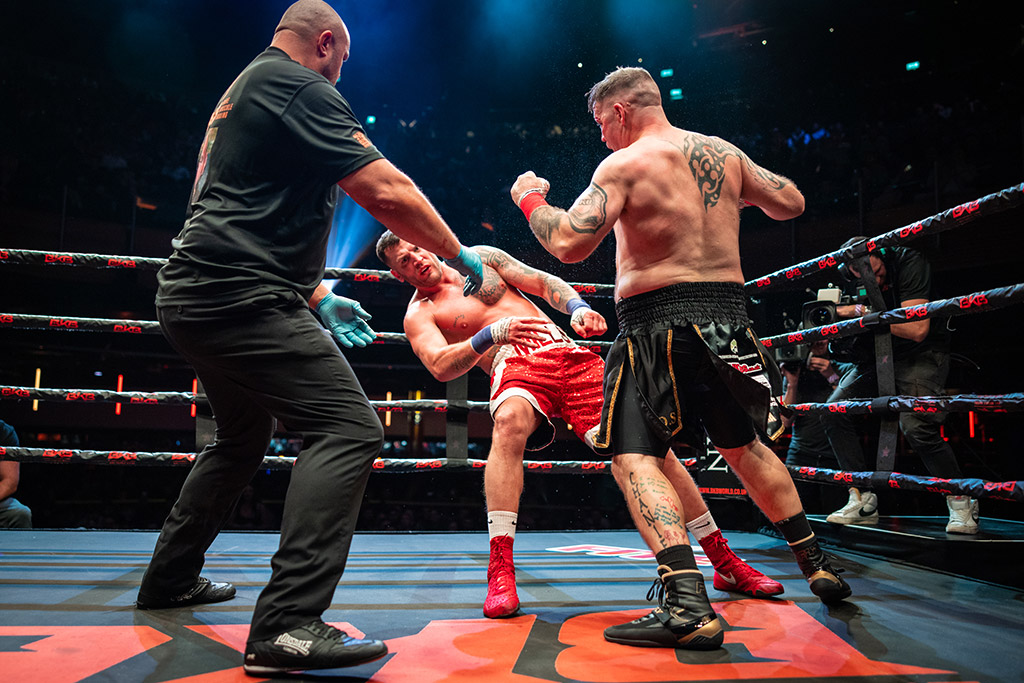
DC: Do you have a favourite lens?
NL: Yes, the Canon RF 28-70mm F2. The quality is superb and being able to shoot fighting at f/2 beautifully picks out the fighters with great background blur and allows you to maximise the quality with a lower ISO. The shallow depth of field just makes focus even more critical!
DC: Is there a piece of kit you couldn’t do without?
NL: Certainly, the Canon RF 28-70mm for fight photography and a tripod and circular polariser for travel.
DC: Do you have a dream purchase?
NL: I guess the upcoming EOS R1!
DC: What software do you use for editing?
NL: Lightroom Classic only.
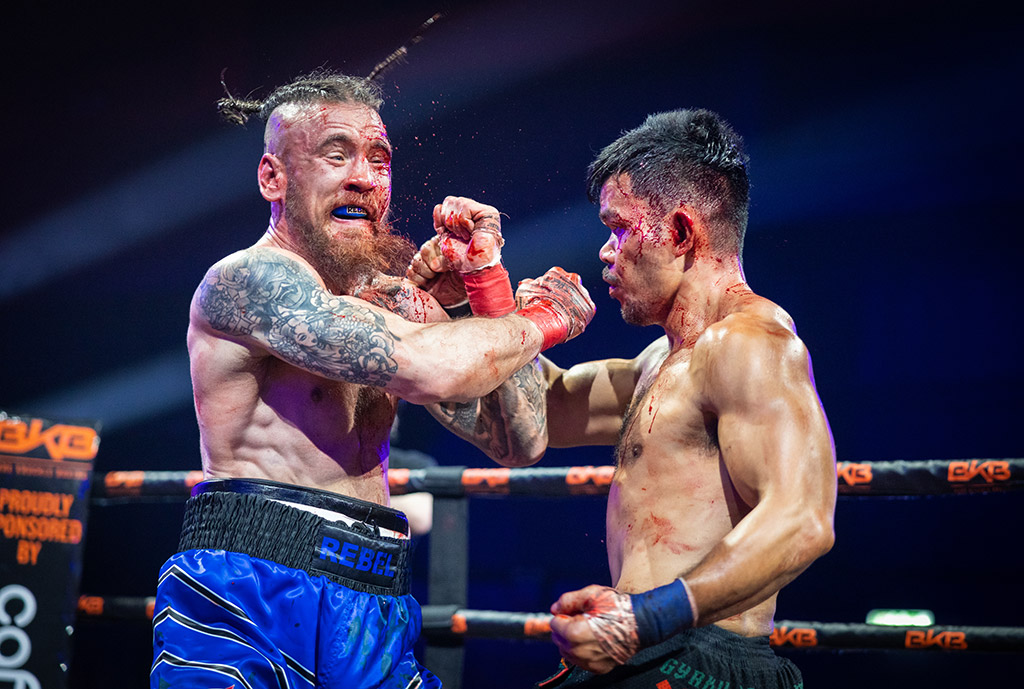
How Nick created his winning bare knuckle fight portfolio
DC: How long have you been doing fight photography?
NL: Around three years now. During Covid I wasn’t travelling as much and started photographing fight nights at my son’s kickboxing club near York. I was really lucky as they have great lighting there which is unusual for a club venue, and I started coming away with half-decent photos which has led to other opportunities.
DC: What inspired you to create your winning portfolio?
NL: I’ve been lucky enough to photograph at some fantastic events, in particular BKB’s (bare knuckle boxing), usually at the O2 in London. They’re not the back-street tear-ups that people might associate with bare knuckle, these are elite-level athletes competing at professionally-run events, and with the subject being Sports for this year’s EISA Maestro competition it was great to get the opportunity to show this work.
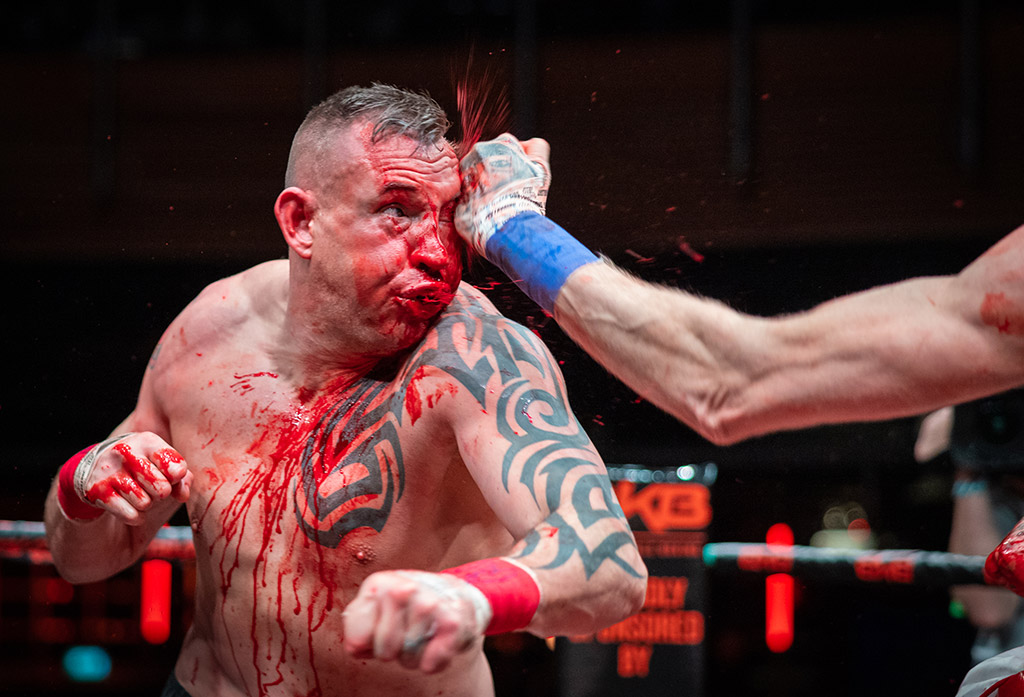
DC: What were the technical challenges of shooting these images?
NL: Focus and anticipation. The ideal focus point I suppose is the face of the person who is unfortunate enough to be receiving a punch or kick and it’s a great bonus if both fighters are in the same plane of focus. The eye-tracking focus of the EOS R5 really helps with this, but it can become tricky with younger fighters who wear headguards. With regards to anticipation, you can’t afford to wait for a punch to be thrown as it will have been and gone by the time the shutter has released. You learn to anticipate when something is about to happen and start shooting (I use the high-speed burst on the R5 on mechanical shutter which is 12fps).
You also need to balance this by trying to be selective when you shoot and not coming away with an unmanageable number of images (I generally tend to come away with around 5,000 images from a 10-bout BKB event). These guys (and women) also move very quickly. I’ll often have a bit of motion blur in an arm or a leg at 1/1000sec, but I like the effect as the face will usually remain sharp and it makes the image more dynamic. You just have to be ready to jump back very quickly if they suddenly hurtle towards you!
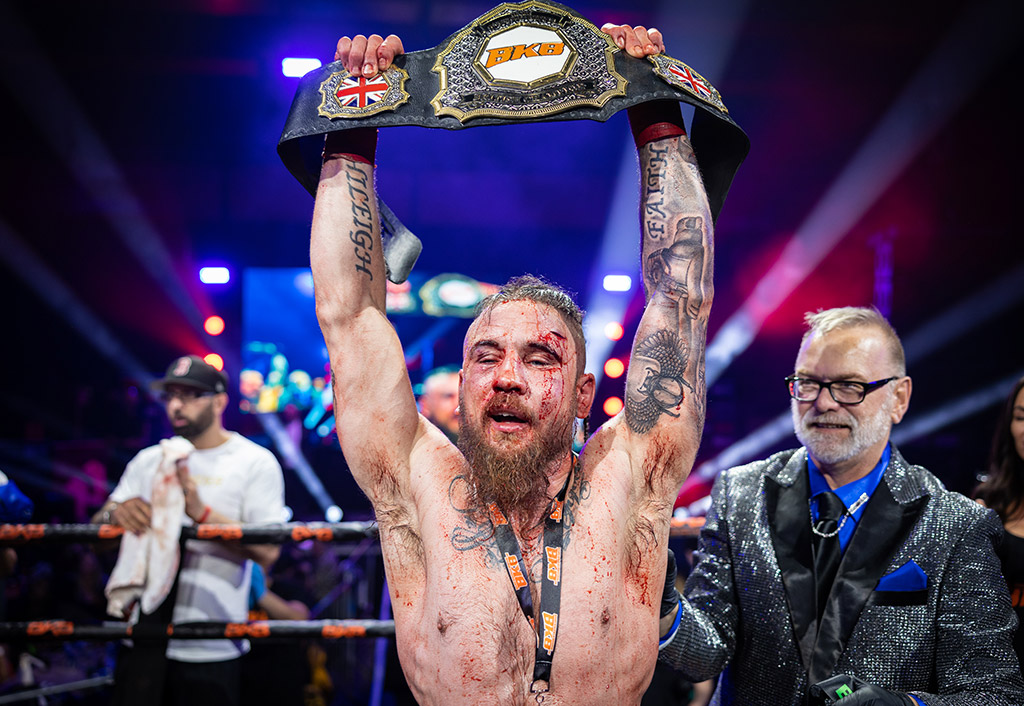
DC: What makes a good fight shot?
NL: The two things I believe need to be in place to produce good fight photos are great lighting and skilful fighters. These provide the elements to make a good photo and the rest is up to you to catch the moment of impact, hopefully with some water/sweat and maybe a splash of blood! Photos of the ring walk, initial face-off with the referee, cornering between rounds and portraits of the winner at the end can really help build a story of the fight alongside the action shots.
DC: How did it feel when you were told you had won the UK round of the competition?
NL: It was a massive surprise and I was absolutely chuffed to bits!
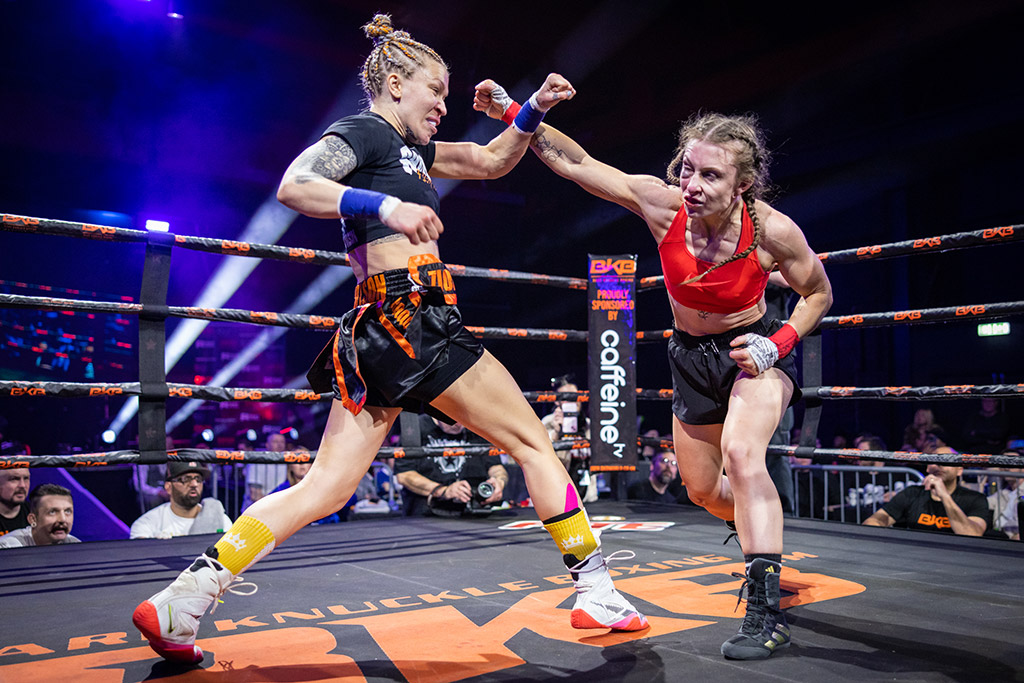
Advice
DC: What are your favourite photography tips?
NL: Not to be complacent. You can’t wait for a good photo to come to you. With fight photography in particular, I constantly try to think of new ways to make more engaging photos.
DC: What advice would you give anyone thinking of creating a portfolio for next year’s EISA Maestro competition?
NL: Absolutely go for it, but give a lot of thought on how your set of images will work together. In my case, for example, I considered including some ring walk and cornering shots with my submission as I think they add a nice amount of drama and emotion. However, in the end I thought it would break the continuity of the action shots, so the only non-action photo I included was of Martin Reffell with his British Title belt at the end of the submission.
To see more of Nick’s work, visit @nickledgerphotography
Nick’s work will join the winning entries from all 16 participating EISA countries will be judged together at the Association’s General Meeting. The International results will be celebrated at the EISA Awards Gala in Sept 2024 and revealed, online, alongside the EISA product Awards on 15 August 2024.
EISA Maestro Photo Contest UK Runners up
A closer look at the 2nd and 3rd placed UK photographers from the EISA Maestro Photography Contest 2024. In second place we have Alina Uruc-Olaru for her set of motorsport images taken at Brands Hatch. In third place, Michael Loveder takes us into the world of competitive table tennis.
Second Place: Alina Uruc-Olaru
By day, Alina Uruc-Olaru is a HR Director in London; by passion, she’s an amateur photographer playing with light, colours and angles to capture vibrant perspectives in candids and motorsport photos. See photocrowd.com/vibrantperspectives for more
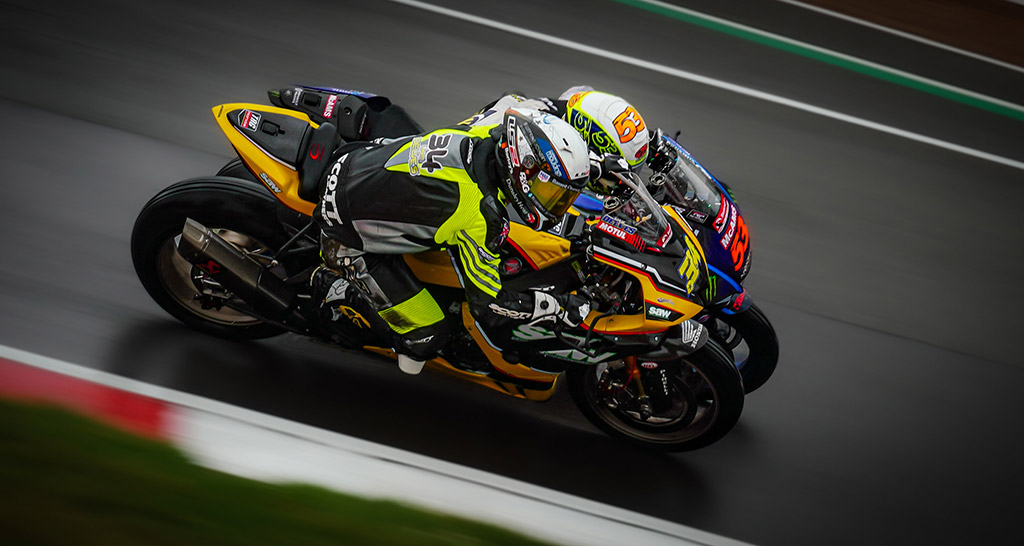
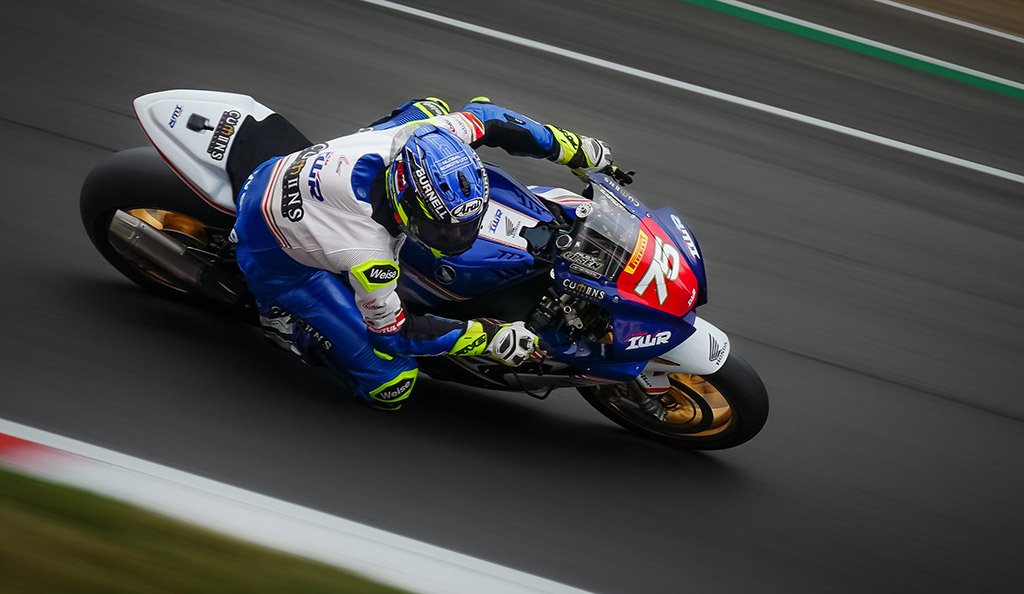
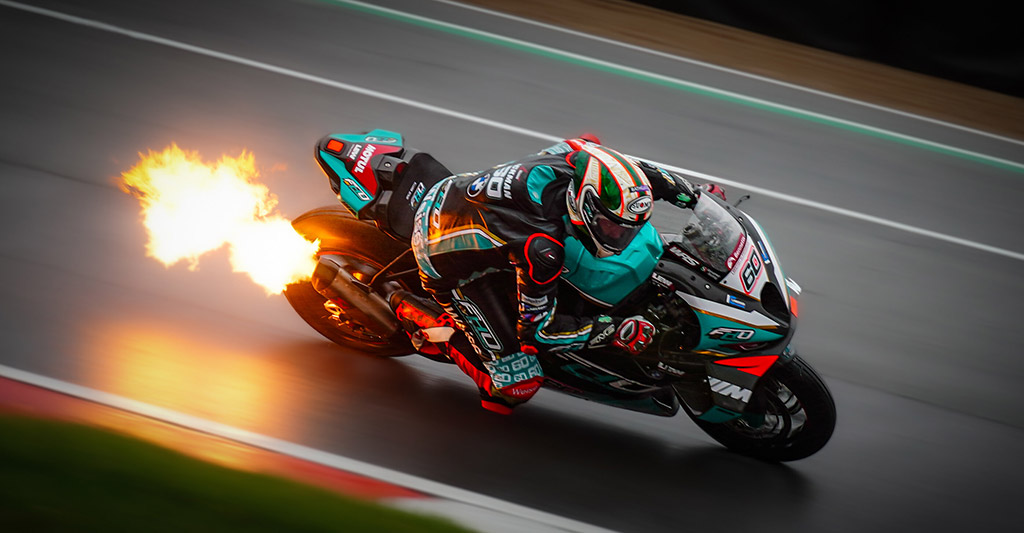
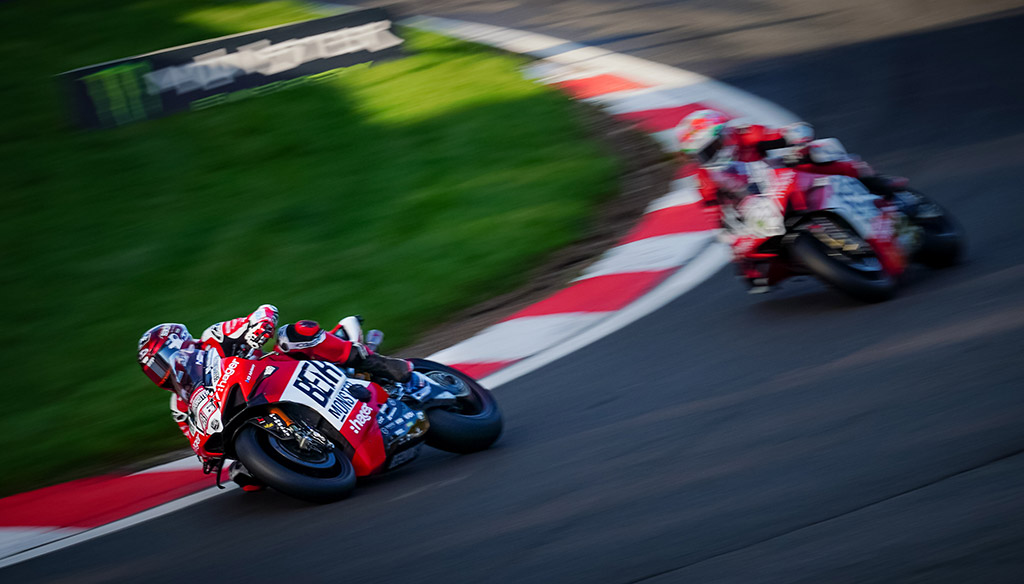
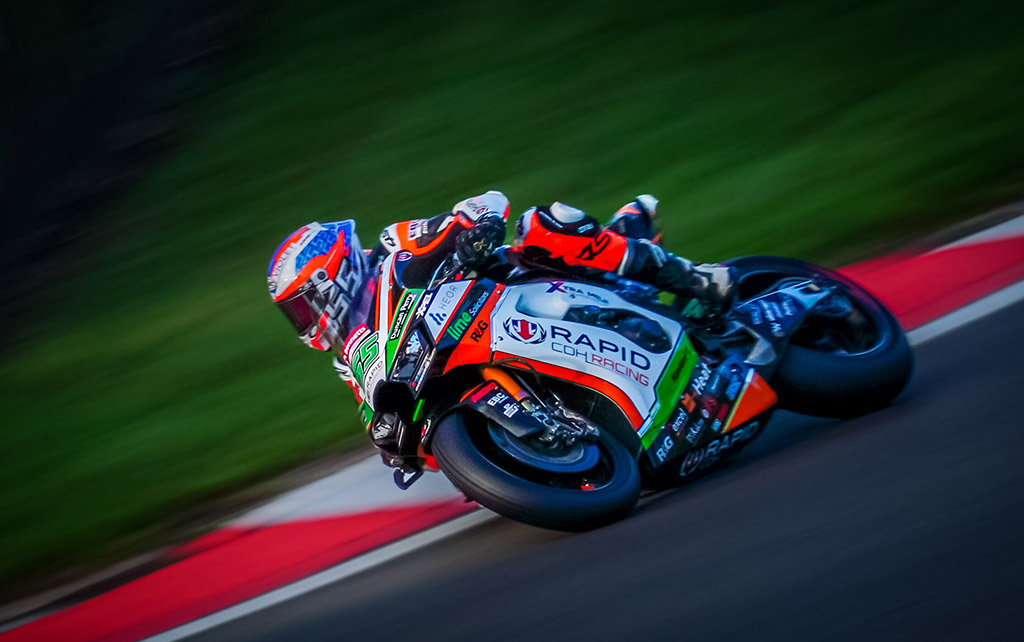
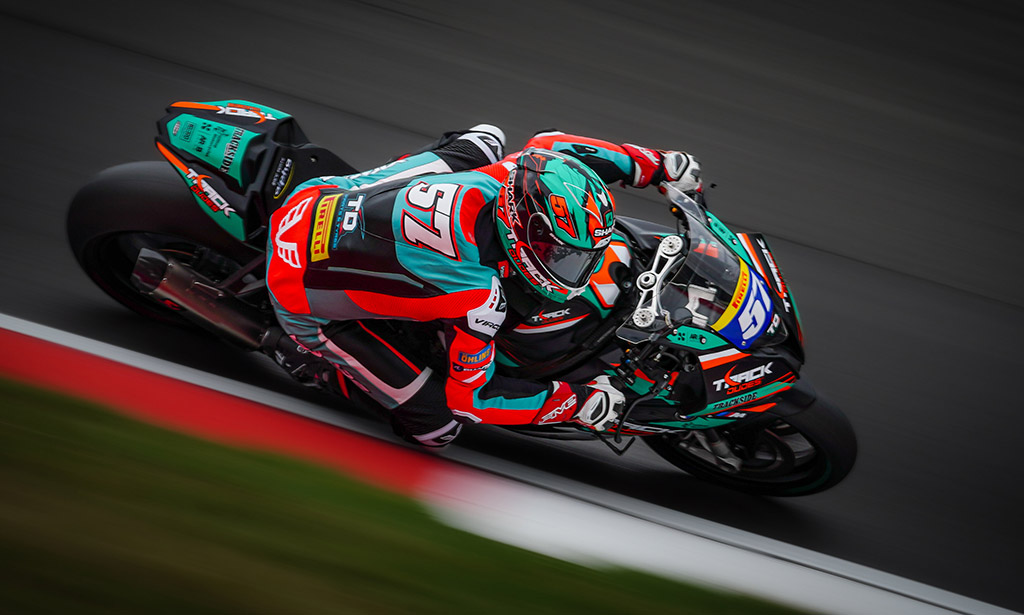
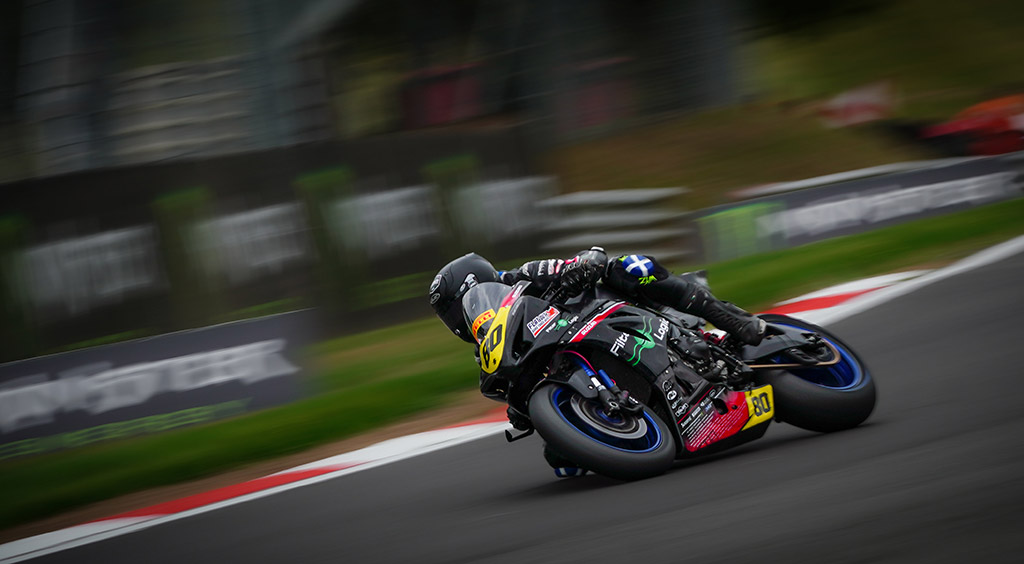
Third Place: Michael Loveder
Michael is a member of the South London Photographic Society. His favourite subjects are table tennis (which he has played competitively for 51 years) and wildlife. He will be photographing the Paralympic TT in Paris in August. See facebook.com/MichaelLovederPhotography
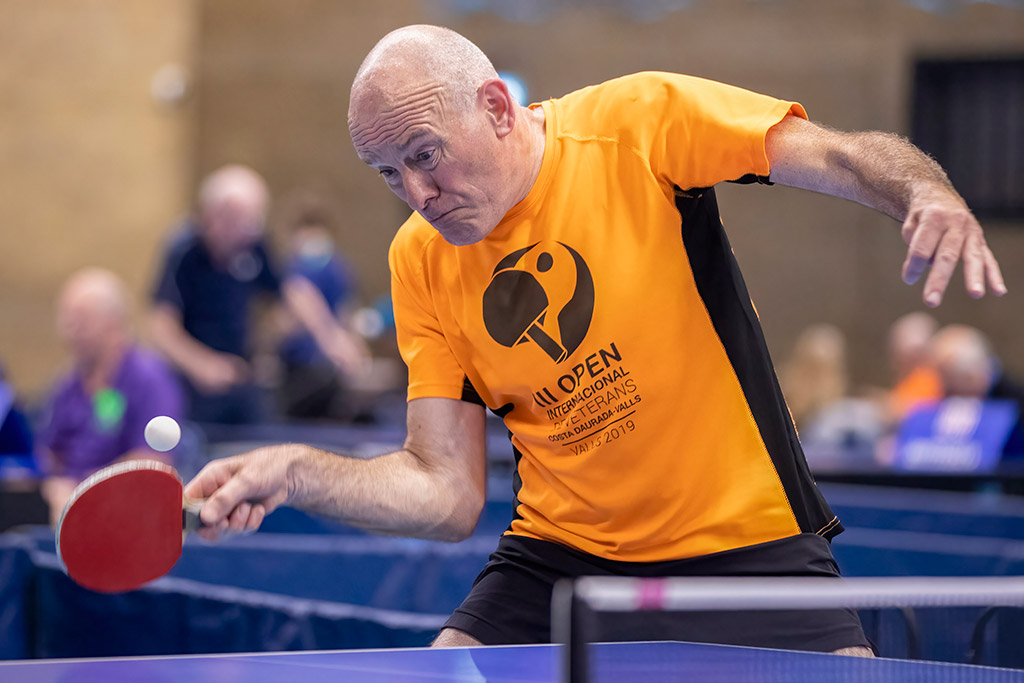
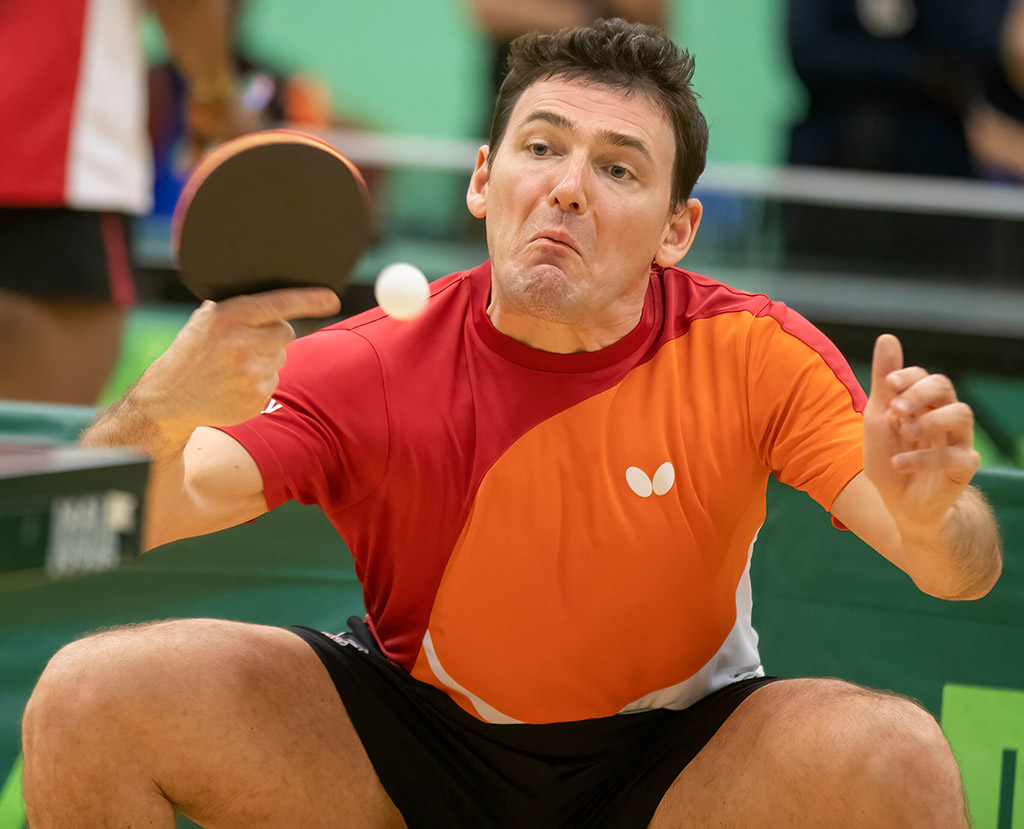
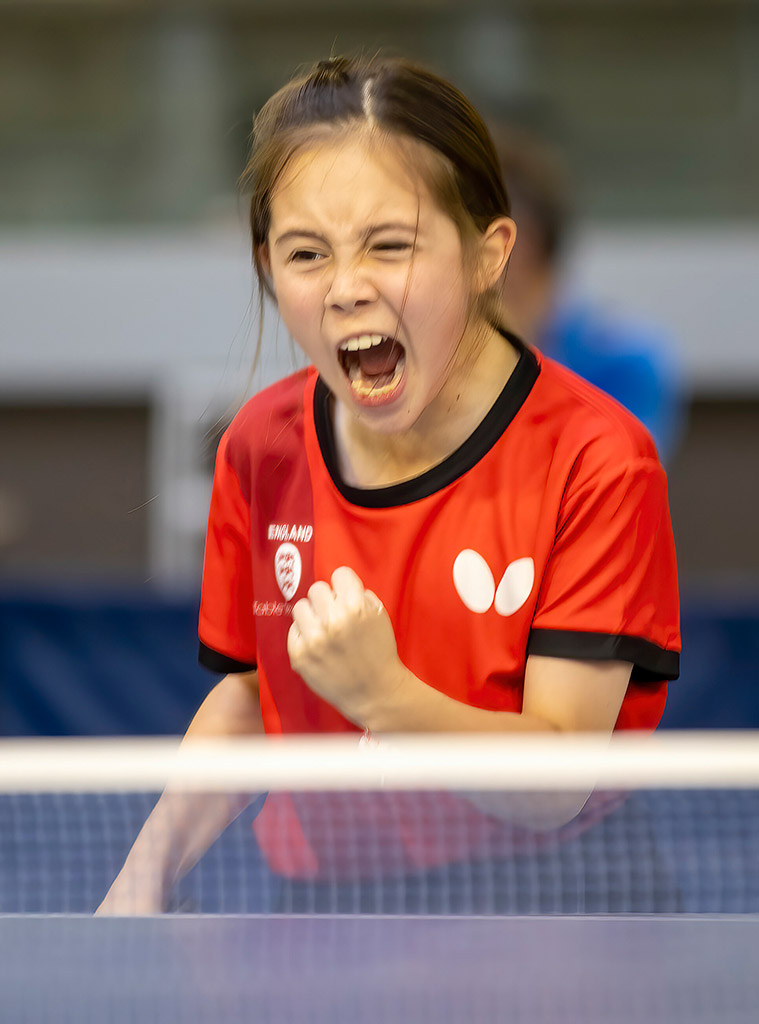
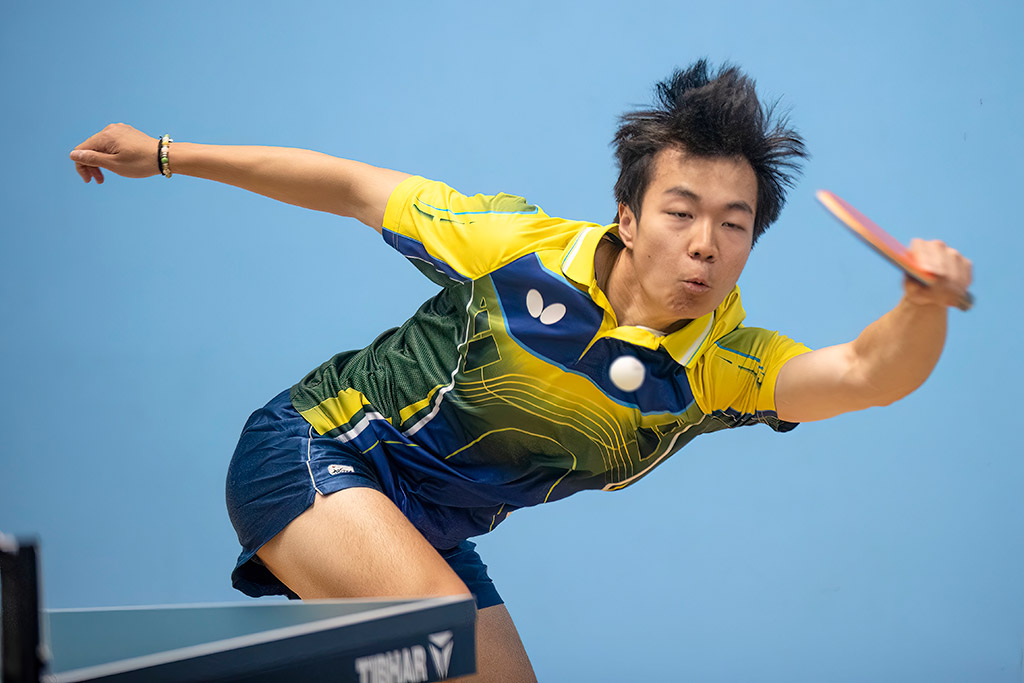
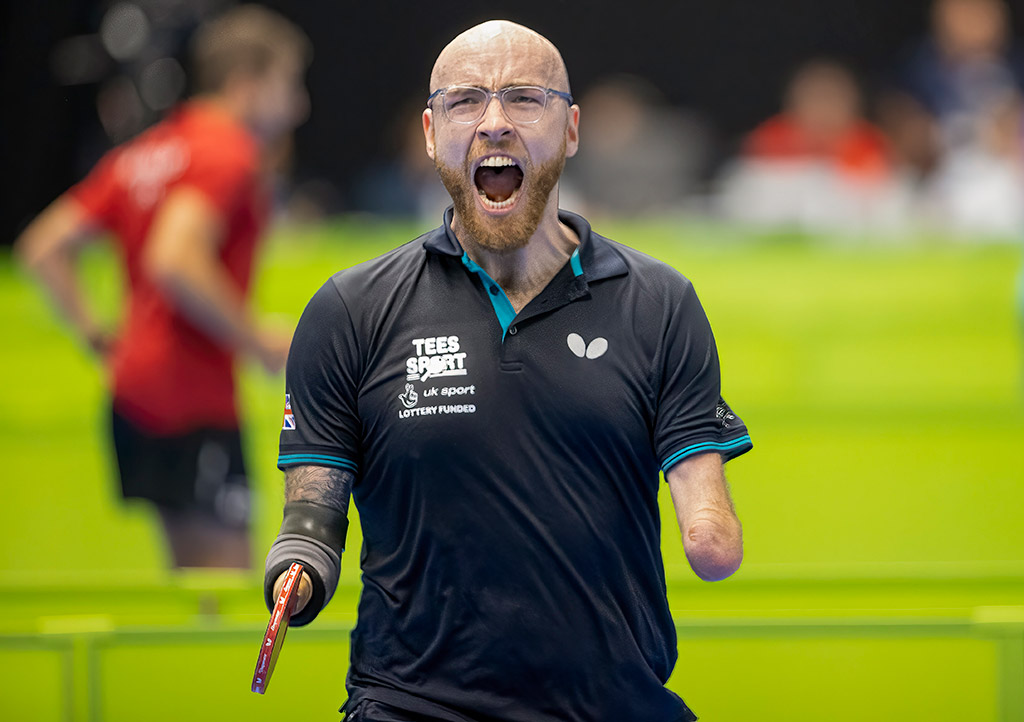
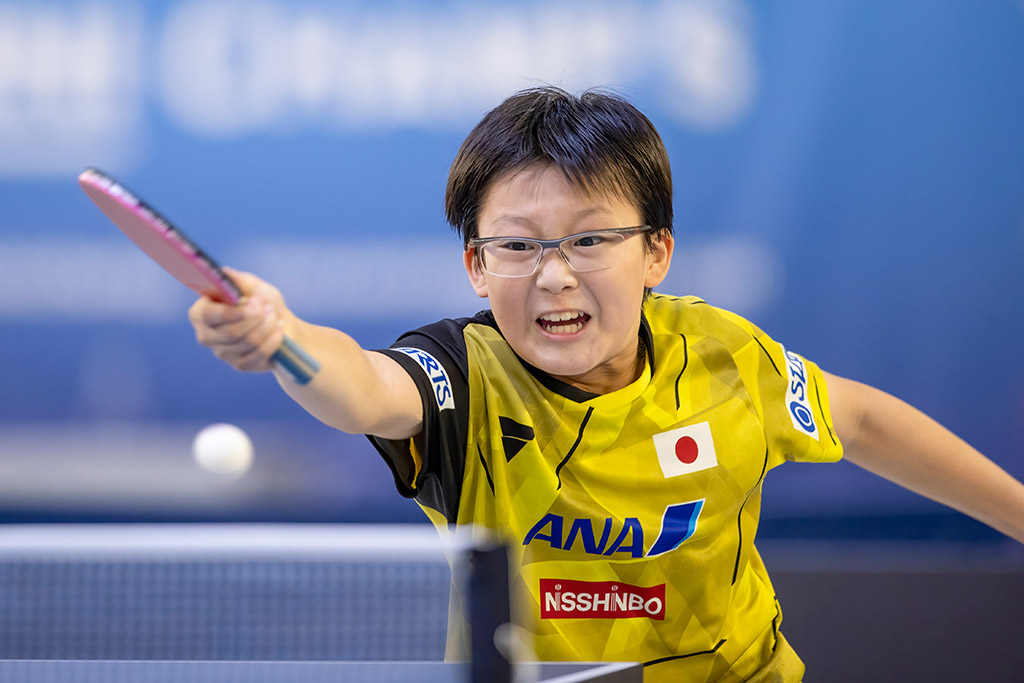
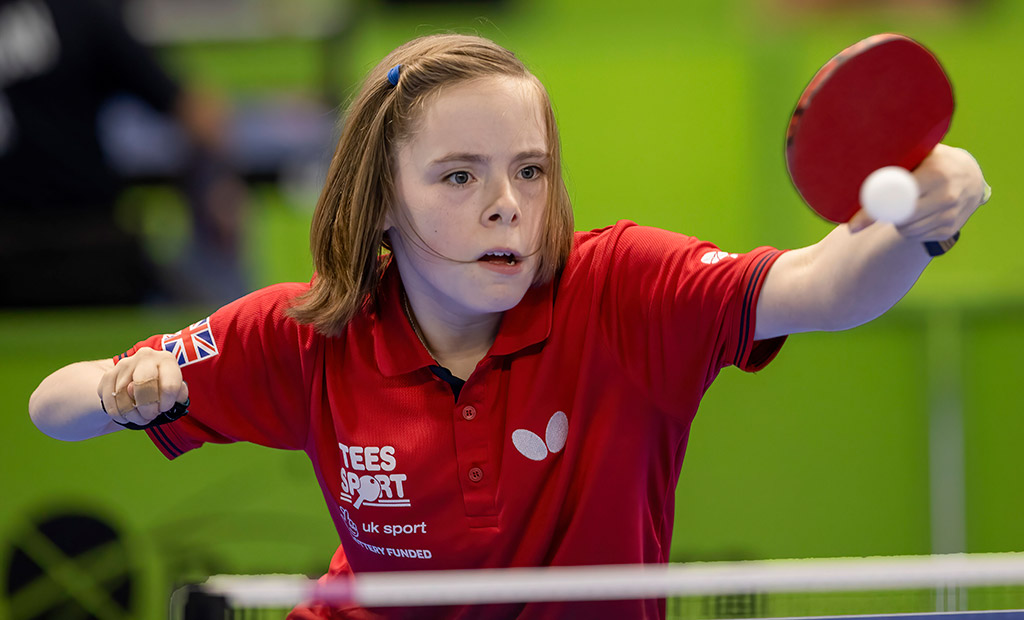
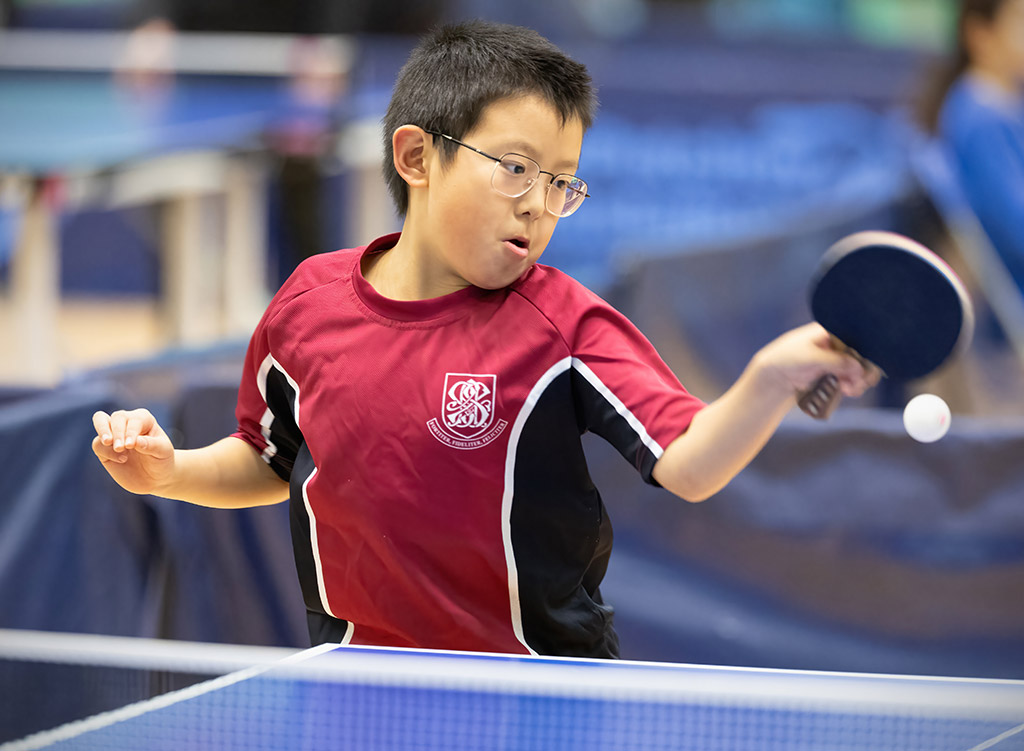
Related reading:
- EISA Maestro International Winners revealed!
- Macro insect portfolio wins EISA Maestro UK competition!
- See the amazing World Sports Photography Awards 2024 images! Gymnast action shot wins top prize
- Hasselblad Masters competition winners revealed!
Follow AP on Facebook, Twitter, Instagram, YouTube and TikTok.

